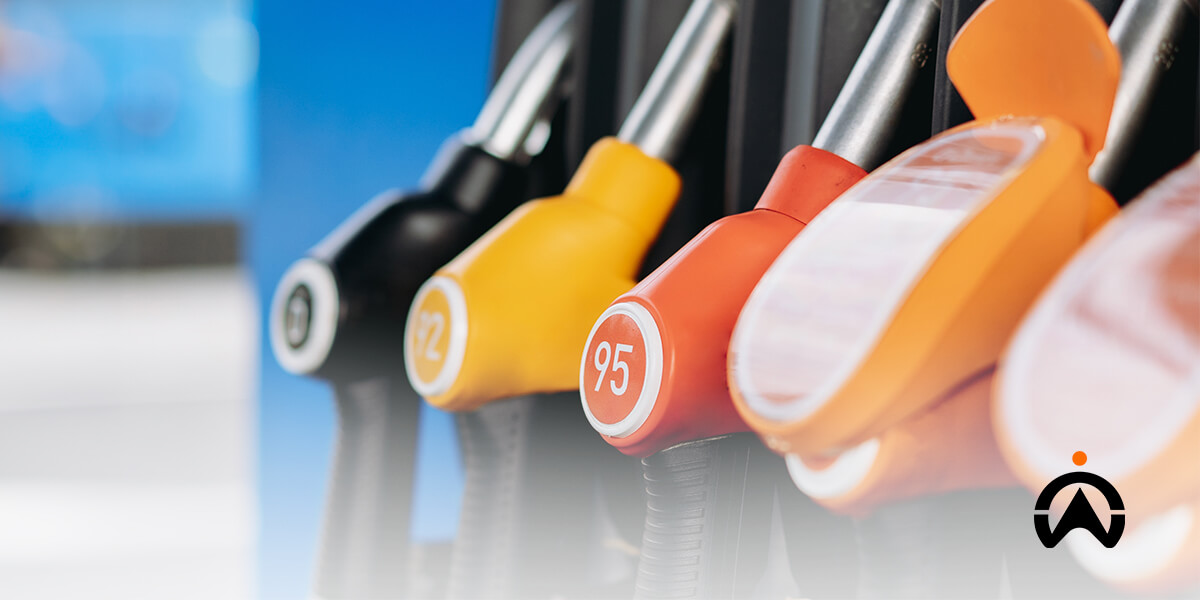- Solutions
- The Company
- About usCartrack offers smart fleet solutions guaranteed to optimise your fleet and workforce, no matter how big or small your business.
- Investor RelationsCartrack has a history of strong cash flow generation and cash conversion, low financial leverage and strong dividends.
- CareersCareers portal. View all the current Cartrack career openings and opportunities available.
- Resources
- Contact Us
- Bahasa
- Login
Fuel Saver Device Myths Busted – Why They Don’t Really Work

---- 2024/02/02 ---
The obsession over fuel-saver devices
The attraction of fuel-saving devices lies in their promise of effortless fuel savings, and their quick-fix approach to all your fuel challenges. Many consumers who are either sceptical or don’t have the time for traditional fuel efficiency tips, find these ‘miracle’ fuel devices extremely appealing. However, some things aren’t always what they seem.
Most of these devices are based on unfounded scientific claims or use ineffective methods to supposedly improve fuel efficiency. Many are ineffective or even harmful to vehicles. Before purchasing a fuel-saver device, it is important to conduct thorough research and consult with experts to verify its safety and efficacy.
Truth is, there's no magic pill for improving fuel economy, just hard work partnered with effective fuel and fleet management solutions, so be wary of claims that sound too good to be true.

Do fuel-saving devices actually work?
The simple answer to this is no. Fuel-saver devices generally do not work as advertised and do not provide any significant or measurable improvement in fuel economy. Here are some common myths about fuel-saving devices that have been ineffective:
- Myth 1 - Magnetic fuel savers
Starting with the most popular myth, these devices claim to improve fuel economy by aligning fuel molecules using powerful magnets. This claim is based on the idea that aligning the molecules will make them burn more efficiently. However, there is no scientific evidence to support this claim. Studies have shown that magnetic fuel savers have no impact on fuel economy.
- Myth 2 - Fuel injector cleaners
This claims to remove deposits, prevent new deposits from forming, and enhance vehicle performance from fuel injectors, which they say will improve fuel atomisation and combustion efficiency. However, modern fuel injector systems are designed to keep themselves clean, and fuel injector cleaners only make a difference if used regularly and it all depends on the quality of the cleaner.
- Myth 3 - Air intake vortex generators
These devices are designed to create a swirling vortex of air in the engine intake, which they claim will improve combustion efficiency. However, studies have shown that these devices have no measurable impact on fuel economy.
- Myth 4 - Engine performance chips
Also known as performance tuners, they are electronic devices that are installed in vehicles onboarding computer systems to alter the engine's computer programming and improve fuel economy and power. However, the effectiveness of these chips has been debated as there is no evidence that these chips work.
- Myth 5 - Hydrogen fuel additives
These additives claim to improve fuel efficiency by increasing the amount of hydrogen in the fuel. However, there is no evidence that these additives are effective, and they can even be dangerous if not handled properly.
So, what's the takeaway? While the idea of fast-acting fuel-saving gadgets is tempting, it's often best to stick to the basics — regular maintenance, good driving habits, occasional vehicle servicing and the use of a proven fuel and fleet management system.
What is a fuel-saving device?
Let’s first understand exactly what these devices even are. It is said to help improve fuel efficiency, reduce emissions, and optimise engine performance in vehicles. They are often marketed as a way to save money on fuel costs without requiring any additional maintenance or modifications to a vehicle.
The effectiveness of these devices is often debated and despite no proof, some devices may still claim to provide minor improvements in fuel efficiency. It is essential to approach the use of fuel-saver devices with caution and always consider the potential risks and limitations before investing in one for your vehicle.
Fuel-saving solutions that genuinely work
Now that we know what doesn’t work, let's talk about what does. There are several proven methods that you can use that will make a difference in your tank and your fuel costs, such as:
- Encourage a fuel-conscious driving style
- Implement proper vehicle maintenance
- Route planning
- Embrace fuel-saving technologies
Benefits of saving every litre of petrol and diesel in your fleet
Every drop of wasted fuel is a loss for your business that adds up over time. Fuel saving is crucial as it offers a range of benefits that can directly impact the bottom line, environmental impact, and overall sustainability of your fleet.
By recognising the various benefits of preventing fuel wastage, fleet managers can optimise fuel consumption, lessen fuel costs, and elevate fleet performance.

Benefits of fuel saving devices for your business!
- Cost savings: Businesses, especially those with extensive vehicle fleets, can make substantial savings by adopting fuel-saving strategies. This directly impacts operational costs and frees up resources that can be reallocated to improve overall profitability.
- Increased fleet productivity: Fuel-saving practices not only cut costs but also improve overall fleet efficiency. Optimizing fuel usage extends vehicle range, reduces downtime and facilitates better route planning. Fuel saving devices will result in increased productivity, reduced maintenance costs and more efficient use of fleet resources.
- Employee safety: Adopting fuel-efficient driving practices equates to promoting safer driving habits, reducing the risk of accidents, and reducing associated costs such as insurance premiums and vehicle repairs. Not only does it ensure a safer work environment, but the use of fuel-saving devices also contributes to a healthier and more productive workforce.
- Environmental impact: Fuel-efficient practices directly reduce greenhouse gas emissions in line with increasing demands for green initiatives from consumers and investors. The impact of fuel efficiency extends beyond a company's operations to affect the entire supply chain. Collaborating with suppliers and prioritizing fuel efficiency can reduce negative impacts on the environment.
- Fleet maintenance: Regular vehicle maintenance is essential for optimal performance and preventing unexpected breakdowns. By prioritizing efficient fuel use, businesses can contribute to longer vehicle life and lower maintenance costs.
There's no need to use unproven fuel-saving tips with Cartrack Indonesia by your side. Our smart tools and proven features will help your business successfully optimise its fuel usage habits and save money.
Contact Cartrack Indonesia today.













 Select Countries
Select Countries